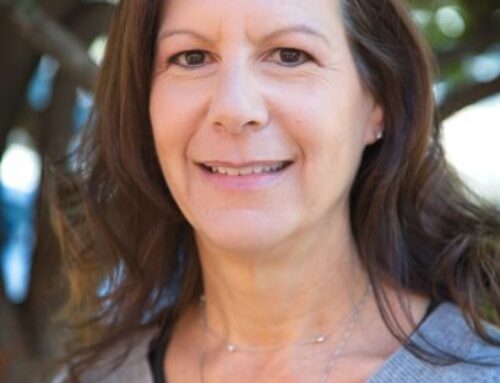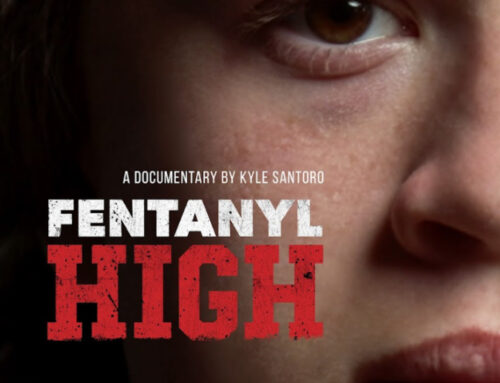Published in the August 17 – 30, 2016 issue of Morgan Hill Life
Film to play for free Aug. 23 sponsored by AAUW
By Staff Report
The 2015 documentary film “The Hunting Ground” puts a spotlight on the incidence of sexual assault on American college campuses and what filmmakers Kirby Dick and Amy Ziering say is a failure of university administrations to deal with the problem adequately. It premiered at last year’s Sundance Film Festival and will be shown for free at the 7 p.m. Tuesday, Aug. 23, at the Morgan Hill Library.
The local showing is being hosted by the Morgan Hill branch of the American Association of University Women. Erica Elliott, sexual assault intervention program manager at Community Solutions, will address issues and answer questions after the film. We asked Elliott about the film and the issue of campus sexual assault.
What is the documentary film “The Hunting Ground” about and why is it important to educate people about the problem of campus sexual assault?
“The Hunting Ground” is a documentary that highlights the issue of sexual assault on college campuses. Unfortunately, one in five female college students will be sexually assaulted while in college. This documentary discusses many of the issues — including the secrecy — that have led to this epidemic. This film includes true stories from college sexual assault survivors about their experiences and the college’s responses to them. “The Hunting Ground” is a great introduction to the topic of sexual assault on college campus and allows conversations about this issue to begin or continue between college students and their families.
Why do many college administrators fail to take action to address the problem of campus sexual assault or are unsympathetic to women who are victims?
If a college is reporting a high number of sexual assaults on campus, it could hurt the campus fiscally by way of a decrease in applicants, donations, sports and fund-raising activities.
A second issue could be the school’s fear or threat of being sued by the alleged perpetrator for wrongful action. Lastly, survivors of sexual assault are often blamed by campus administrators, the public and even friends and family members. All college students have rights to dress as they like, go to a party, date or turn down a date without fear of being harmed. People often talk to their daughters about safety, but we need to have conversations with our sons as well.
There have been male victims of sexual assault on campus as well. Why is it important to address both genders as victims?
Anyone regardless of gender identity or sexual orientation can be assaulted. Unfortunately, data from the Centers of Disease Control and Prevention shows that nearly one in two (44.6 percent) and one in five (22.2 percent) experience sexual violence other than rape within their lifetime (this includes unwanted touching, sexual harassment, sexual coercion). The trauma experienced by a survivor of sexual assault is nondiscriminatory. Talking about sexual assault is difficult and challenging. Sometimes there is a stigma for male victims of being “less manly” if they are assaulted, which leads to a lack of reporting for male survivors. It is important to raise awareness and include all of our community members in the discussion on ways to prevent sexual violence.
Why might you encourage the public to attend the showing of “The Hunting Ground”?
It is important that the institutions and campuses we send our children and loved ones to are aware of these statistics and are taking steps to prevent assaults from happening on their campuses, holding perpetrators accountable, and providing support, care and safety for victims. Colleges are like many other institutions, publicly funded through our tax dollars or supported through donations or the tuition we are paying. The more informed we are as citizens, the better we can be at holding these institutions accountable for taking steps to remedy previous inaction and prevent future assaults on campus.






